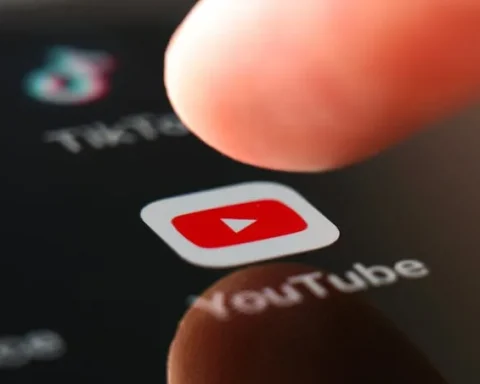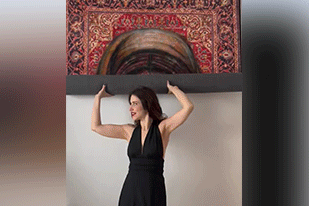The earliest known record of make up being worn comes from the 1st Dynasty (3100-2907 B.C.) of Egypt. Jars of unguent were found in tombs from this time period were scented. Unguent was a substance that was worn by both men and women to help moisturize their skin and to avoid wrinkles. During this era, women would decorate their eyes by applying a dark green color to the under lid and darkening their eyelashes and upper lid with kohl, that was made from soot and antimony.
The Egyptians believed that cleanliness and beauty were pleasing to the gods so they wore perfumed oils, bathed daily in the river or in their homes, and used different dyes to color their skin, body, and hair.
By the middle of the 1st century A.D., most Romans were using cosmetics. To darken eyelashes and eyelids, they would use kohl. Romans used chalk to whiten their complexion, and wore rouge on their cheeks.
Pale skin was a sign of wealth during the European middle ages. Sixth century women would take drastic measure to achieve this look by bleeding themselves, using egg whites on the skin, or using a combination of carbonate hydroxide and lead oxide as face powder.
Actresses and prostitutes during the Victorian era were looked down upon because they wore make up. During this time, if one tampered with their natural color they were looked at in disdain. Women would use products around their homes as makeup. They would create face masks out of oatmeal, honey, and egg yolks. Also, they would use rice powder to dust their noses, pluck their eyebrows, and massage castor oil into their eyelashes. Women would pinch or rub red beet juice into their cheeks to give them a healthy look. Full face makeup was still seen as sinful when cosmetics being to resurface but natural tones were accepted to give a healthy look.
The first mascara formulated around 1910 was named after Mabel, the sister of creator T.L. Williams. This mascara is known today as Maybelline. The first pressed powders with a mirror and puff and lipstick metal cases were introduced during this time.








